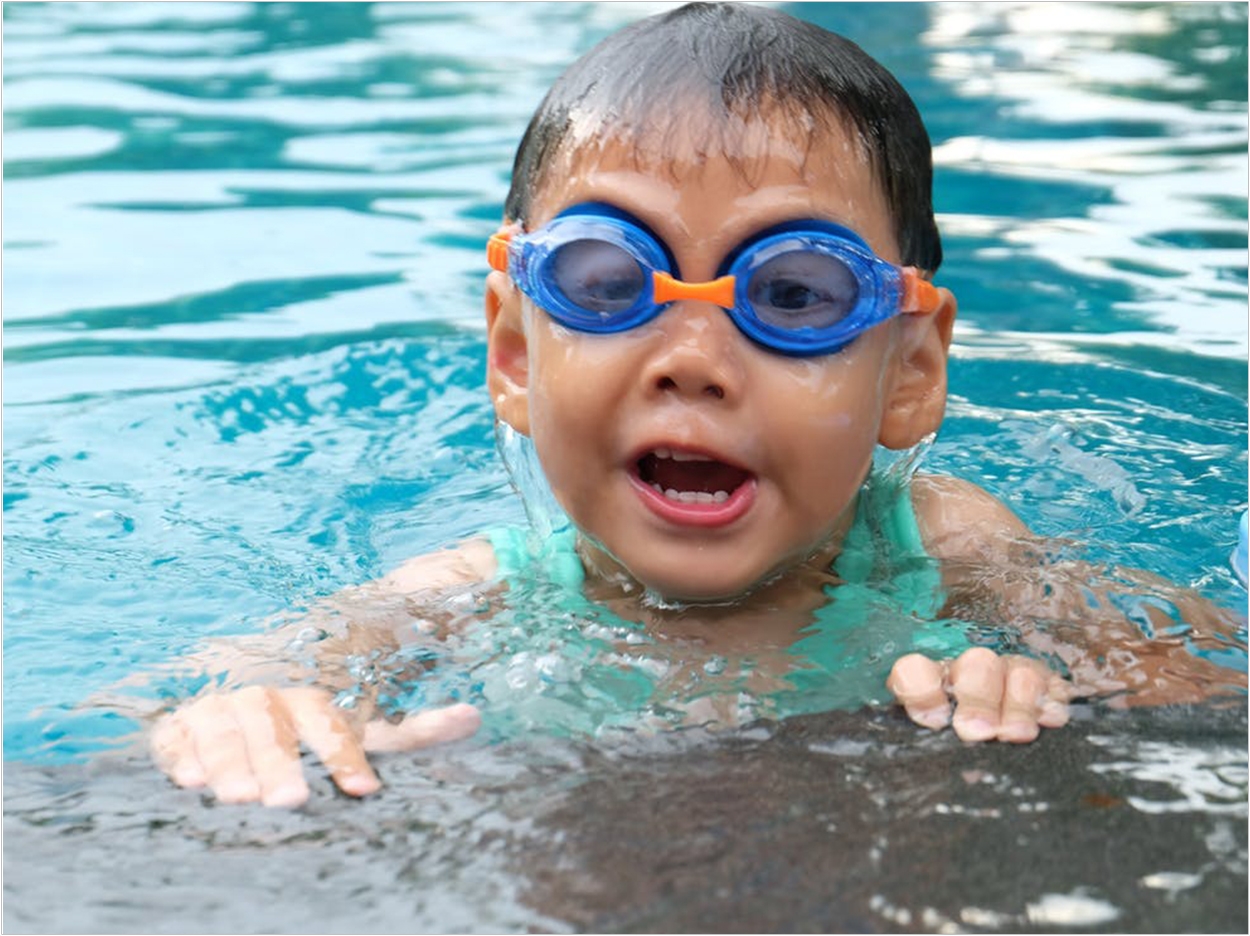0
Shares

As summer vacation approaches, DentalPlans.com warns dentists that they may be seeing oral issues related to some of the season’s favorite pastimes and pleasures. The dental and health savings marketplace reminds clinicians to advise their patients about eight key dangers:
- Chemicals in Swimming Pools: Patients who spend six hours or more per week in the pool may see their teeth develop a yellow or brown tinge that requires a professional cleaning for removal. Called swimmer’s calculus, it is caused by the relatively high pH of chemically treated pool water. Daily use of an electronic toothbrush and whitening toothpaste can help control it, though aggressive brushing can weaken dental enamel.
- Chewing Ice: Patients who chew on ice may crack and chip their teeth, damage their enamel, and see problems with existing dental work such as fillings and crowns. Their jaw muscles also might get sore. Those who can’t quit chewing on ice may need a physical checkup, as studies have linked ice-chewing compulsions to anemia, DentalPlans.com reports.
- Dehydration: Staying hydrated in the summer’s heat is critical for overall wellness and dental health. A dry mouth can damage enamel and cause tooth decay. In addition to drinking water, chewing sugarless gum can help stimulate saliva flow. So can mouth rinses developed for dry mouth care. If dry mouth persists, a dentist or another health professional should evaluate the problem.
- Scuba Diving: Barodontalgia, also known as tooth squeeze, is oral pain caused by a change in air pressure. It typically doesn’t affect healthy teeth, but it can cause problems for those with gum disease, dental infections, decay, abscesses, and failing or incomplete dental restoration work. Regular dental checkups and good oral hygiene make underwater adventures far more pleasant. Those who experience tooth squeeze should see a dentist.
- Social Media: When teens have more time in the summer, they spend it on social media, where do-it-yourself dentistry has been trending on sites such as YouTube. These amateur orthodontists are wrongly suggesting that viewers can straighten their own teeth by wrapping rubber bands around them. The American Association of Orthodontists, though, says that this can result in pain, decay, and tooth loss.
- Sports: About a quarter of all pediatric dental injuries can be attributed to sports accidents, according to the American Academy of Pediatric Dentistry. Dentists should encourage their patients to wear a mouth guard when they take part in sports involving impact and speed. Also, dentists should encourage families that take part in athletics to learn more about dental first aid.
- Summer Treats: Energy and sports drinks, citrus juices, and acidic beverages like lemonade weaken tooth enamel, which can lead to cavities and tooth loss. Patients should limit their intake of artificially flavored, sugar-free drinks that include citric and phosphoric acid. Also, they should limit acidic foods like tomatoes, citrus fruits, sour candies, and vinegary pickles. When indulging in these foods and drinks, patients should rinse their mouths with plain water and wait an hour or so before brushing, since brushing shortly after exposure to acids can worsen their damage.
- Slippery Surfaces: On a boat, at poolside, or in a summer downpour, wet surfaces can result in slips and falls that can create dental damage. If a tooth or teeth have been loosened, knocked out, broken, or chipped, patients should see a dentist within 12 hours or less. Knowing what to do in a dental emergency and getting prompt professional help greatly increases the chances that a tooth can be restored to health.
Related Articles
Oral Pain Tops the List of Reasons for Unplanned Dental Visits
New Emergency Appointments: An Interruption or an Opportunity?
Scuba Divers Experience Dental Symptoms Underwater












